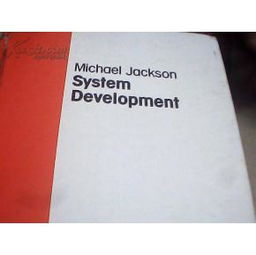Understanding ADHD in Children

Attention-Deficit/Hyperactivity Disorder (ADHD) is a common neurodevelopmental disorder that affects children, often impacting their ability to learn and socialize effectively. As a parent or educator, it’s crucial to understand how ADHD manifests in children and how to support them in a school setting.
What is ADHD?

ADHD is characterized by persistent patterns of inattention, hyperactivity, and impulsivity that interfere with functioning or development. These symptoms can vary widely among individuals, and they often become apparent in early childhood, typically before the age of seven.
Diagnosis and Symptoms

Diagnosing ADHD involves a comprehensive evaluation by a healthcare professional. Common symptoms include:
| Inattention | Hyperactivity | Impulsivity |
|---|---|---|
| Difficulty paying attention to details, making careless mistakes | Excessive fidgeting, squirming, or running around | Interrupting or intruding on others |
| Easy distractibility | Difficulty engaging in activities quietly | Difficulty waiting their turn |
| Forgetfulness in daily activities | Excessive talking | Acting without considering the consequences |
Impact on School Performance
Children with ADHD may face challenges in the classroom, including difficulties with organization, time management, and following instructions. This can lead to lower academic performance and increased frustration for both the child and their teachers.
Supporting Children with ADHD in School
Creating a supportive environment for children with ADHD in school involves a collaborative effort from teachers, parents, and school administrators. Here are some strategies to consider:
-
Individualized Education Program (IEP): An IEP can outline specific accommodations and modifications to help a child with ADHD succeed in the classroom.
-
Structured Routine: Consistent schedules and clear expectations can help children with ADHD feel more secure and focused.
-
Behavioral Interventions: Positive reinforcement and consistent consequences can encourage appropriate behavior.
-
Time Management Skills: Teaching children with ADHD how to prioritize tasks and manage their time can improve their academic performance.
-
Social Skills Training: Group activities and role-playing can help children with ADHD develop better social interactions.
Collaboration with Parents
Effective communication between teachers and parents is essential for supporting children with ADHD. Here are some tips for parents:
-
Stay Informed: Keep up-to-date with your child’s progress and any challenges they may be facing in school.
-
Be Patient: Understand that progress may take time, and setbacks are a normal part of the learning process.
-
Seek Support: Don’t hesitate to reach out to school professionals for guidance and resources.
Conclusion
Children with ADHD face unique challenges in the classroom, but with the right support and strategies, they can thrive academically and socially. By working together, teachers, parents, and school administrators can create an inclusive and supportive environment that helps children with ADHD reach their full potential.
